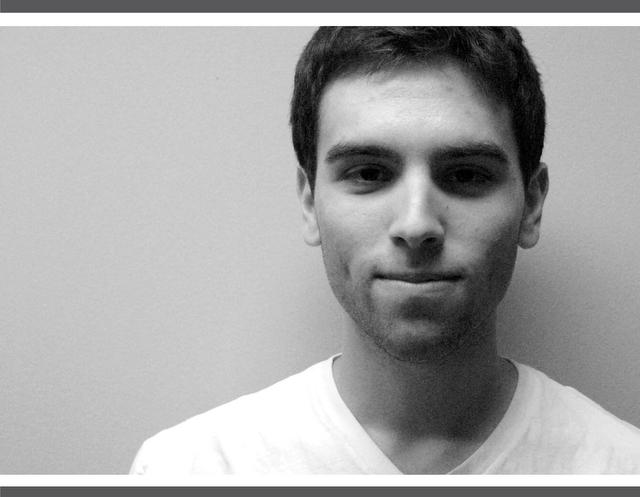Most students who were on campus last year have heard the story of Maurice Dawson, who was arrested at the Regenstein Library last February and set off a University-wide discourse on racial profiling on campus. Regardless of whether Dawson’s particular situation called for police action, one issue that was raised by the incident was that many African-American students felt like the University of Chicago Police Department (UCPD) treated them differently because of their skin color. Yesterday’s report released by the Independent Review Committee (IRC) for the UCPD reveals something even more striking: Last year’s Regenstein arrest wasn’t an isolated incident.
The eight-member IRC, which consists of professors, students, community members, and administrators, wrote last year that “African-American students are more likely to be asked by UCPD officers to show their U of C identification than their white peers,” and that an unusually large number of complaints against the UCPD are filed by African-Americans. This is consistent with the recent report, which examines thirteen complaints filed in the 2009–'10 academic year. Although many of the complaints, which range from an UCPD officer allegedly stalking a student to cops cursing at people in emergency rooms, were found to have no legitimate backing, a couple stand out—particularly, one saying that the “accused officer’s approach was wrong and that [the complainant] was discriminated against” suggests a serious allegation. In that incident, an African-American staff member at the University was running to the bus station when a plainclothes UCPD officer stopped her and asked her for identification with no reason given. The fact that some students and faculty are found to be treated differently by the campus police—who are hired to protect them—is a troubling reality, though the IRC’s recognition of it is a big step in the right direction.
In another complaint of racial profiling detailed in the review, a man who was in a closed area of a University library was asked to show his ID. When he was unable to find it, he started to pack his bags and leave, but the officer called for backup, presumably thinking the man was a burglar. After the officer “spoke in a harsh manner, yelling at the complainant, calling him stupid,” the man took out his cellphone and called a faculty member who explained that the man had permission to be in the building. Incidents like these point to the need for better training of UCPD officers in assessing inevitable situations. Students and staff should feel at home on campus, and UCPD officers need to be better at judging to separate a criminal from an innocent student.
The forums following Dawson’s arrest last year did much to address racial profiling on campus, and the issue finally got the rigorous examination it deserves. The police department and library staff have diligently changed policies to ensure the scene doesn’t repeat itself, but recent events show that there still might be a long road ahead. Last month, an African-American student, who asked to remain anonymous to protect his privacy, was arrested outside of the Regenstein after he refused to show identification. Unlike Dawson, the student wasn’t pressed with charges and didn’t spend a night in jail, but the scene was definitely excessive for such a minor situation—a dozen policemen and several UCPD cars arrived for the arrest. The student, who plans to file a complaint to the UCPD, wrote that he felt he was first approached because of his race. “The racial prejudice by UCPD cops has gone too far, how many white, Asian or Indian kids do you know that have been asked to produce ID to prove they go to school here,” he said in an e-mail. Although I agree with the police’s decision to arrest the student—and would even say, after reviewing the facts, that they didn’t go far enough and should have pressed charges—I think it’s demonstrative that racial profiling has become a fact of life at the U of C for some students, and the police department should do everything it can to dismiss such notions.
Reports of these complaints often point out that the accused UCPD officers are also sometimes African-Americans, as if suggesting that they would not profile against someone of their own race. But psychology experiments on racial profiling—some of the most groundbreaking of which are taking place right here at the U of C in Joshua Correll’s lab—show repeatedly that being African-American doesn’t make one immune to unconscious discrimination. Police officers need extensive training before they patrol their community, and the University’s steps taken in the past year show a nascent commitment to this. But there are still deep feelings, illuminated by the volume of racial profiling complaints against the UCPD, that will require considerable and continuous attention if the University wants to see itself as a secure, non-discriminating, and welcoming campus.
Adam Janofsky is a second-year in the College majoring in Law, Letters, and Society.









